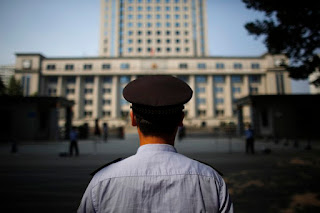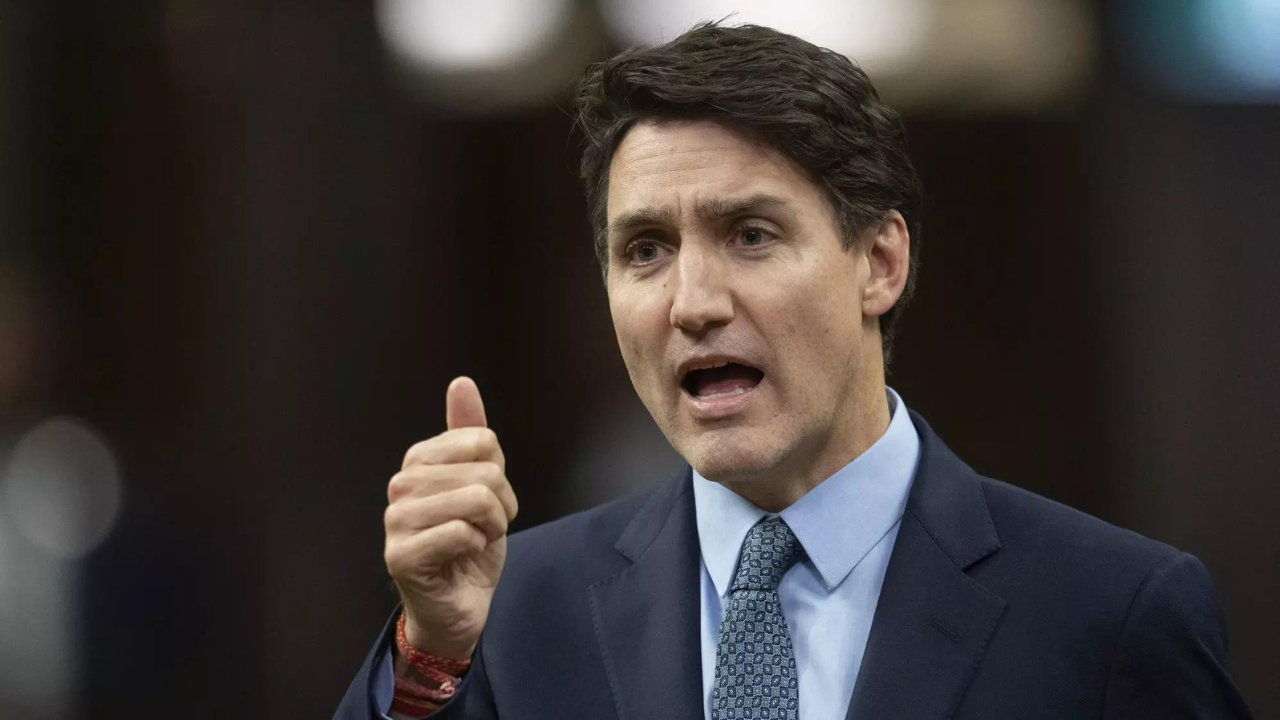ARTICLE AD BOX
Village officials were included in the investigation by the Central Commission for Discipline Inspection.
In the first quarter of this year, the Central Commission for Discipline Inspection seized and dealt with more than 150,000 officials, including about 1,000 provincial and ministerial-level and department-level officials, and more than 30,000 grassroots officials and village committee directors, who were "criticized and educated" "More than 350,000 people. It is worth noting that for the first time, the director of the village committee, known as a "mass organization", was included in the list of investigations and punishments by the Central Commission for Discipline Inspection.
Anti-corruption statistics for the first quarter of this year released on the website of the Central Commission for Discipline Inspection of the Communist Party of China on Wednesday (24th) showed that the authorities received 808,000 petitions and reports within three months, including 212,000 complaints and complaints. 149,000 cases were filed, including 16 provincial and ministerial level cadres, 983 department and bureau level cadres, 6,695 county and division level cadres, and 21,000 township and section level cadres.
According to official announcements, 121,000 people were punished, including 99,000 party disciplinary sanctions and 34,000 government affairs sanctions; 12 provincial and ministerial level cadres, 948 department and bureau level cadres, 6,241 county and division level cadres, and 17,000 township and section level cadres were punished. There are 16,000 general cadres and 81,000 other rural and enterprise personnel. Village committee directors who are not within China's administrative system are also included in the Central Discipline Inspection Commission's investigation and punishment of disciplinary violations. For example, 13,000 current or former village party branch secretaries and village committee directors have been registered.
"Mass organizations" were included in the review system of the Central Commission for Discipline Inspection for the first time
Guo Min, a former criminal police officer from the Public Security Bureau of Zhuzhou City, Hunan Province, said in an interview with Radio Free Asia that day that the authorities’ control of society has sunk to the town government and street offices, that is, the lowest level of society: “Why is he reaching out now? At the lowest level, they (the government) believe that it is to prevent the slightest change and to strengthen the function of managing grassroots organizations, and of course they must manage the leaders of grassroots organizations well. "
Comparing last year's official data, in the first quarter of 2023, a total of 111,000 officials were investigated and punished, including 1 provincial and ministerial level official, 633 department and bureau level officials, 4,669 county and division level officials, 14,000 township and section level officials, and 15,000 general officials. There are 76,000 people in rural areas, enterprises and other places. The number of officials put on file this year is significantly higher than last year. Among them, the number of provincial and ministerial level cadres is 16 times higher, and the number of department and bureau level cadres is about 30% higher.
Since China's reform and opening up, the anti-corruption campaign has never stopped. From the 1990s to the first decade of this century, the Supreme Procuratorate announced that the number of provincial and ministerial-level officials investigated and punished every year was ten or less. However, with the rapid growth of China's economy, corruption has shown a trend of "increasing rebellion " . Especially by the first quarter of 2024, 16 provincial and ministerial-level officials have been investigated and punished.
In this regard, Lu Chenyuan, a Chinese legal professional, said in an interview with this station: "The CCP has always regarded the number of people arrested as an achievement of anti-corruption. This type of anti-corruption is more of a power struggle. But none of the officials who have been purged He was wrongly accused and must have committed corruption. It’s just that this kind of anti-corruption is biased and has never stopped.”
Officials’ properties must be openly supervised to prevent corruption
Lu Chenyuan believes that if the authorities really want to combat corruption, they should establish a corresponding system and legal system. First, officials must disclose their personal assets and accept social supervision. He said: "The implementation of democratic supervision and national supervision cannot be limited to the internal supervision of the Central Commission for Discipline Inspection. This will not work. Internal supervision can easily be based on other concerns, such as political considerations."
This station once reported that after the two sessions in March 2013, about 20 social activists from Beijing, Guangdong, Jiangxi and other places successively held banners in Xidan, Beijing and other places calling on officials to disclose their assets. They were eventually charged with "illegal assembly" ” or “inciting subversion of state power” and sentenced to prison.
.png)
 7 months ago
2
7 months ago
2









 English (US)
English (US)